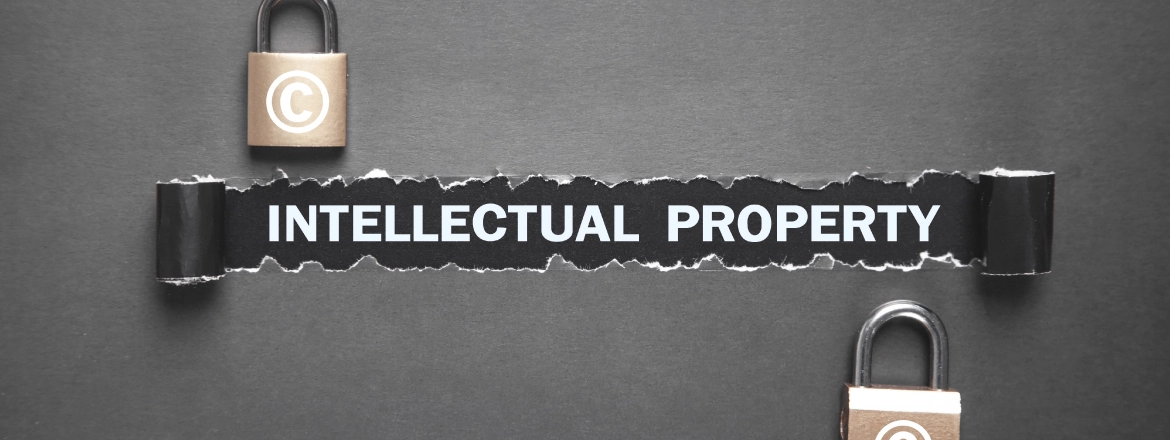
Mastering IP Licensing: Essential Tips for Success
Understanding Intellectual Property Licensing
Intellectual property (IP) licensing is a strategic arrangement where the owner of intellectual property rights permits another party to use those rights in exchange for agreed-upon terms. Whether you’re a licensor or licensee, mastering IP licensing is essential for navigating the complexities of intellectual property transactions.
Identifying Your IP Assets
Before entering into licensing agreements, it’s crucial to identify and understand your intellectual property assets. This includes patents, trademarks, copyrights, and trade secrets. Assess the value and scope of your IP portfolio to determine which assets are suitable for licensing.
Conducting Thorough Market Research
A comprehensive understanding of the market is essential when engaging in IP licensing. Conduct thorough market research to identify potential licensees or licensors, assess market demand, and evaluate the competitive landscape. Informed decision-making is key to successful IP licensing negotiations.
Clear and Precise Licensing Agreements
The cornerstone of successful IP licensing lies in well-drafted licensing agreements. Clearly define the scope of the license, usage limitations, duration, and any financial arrangements. Engage legal professionals specializing in IP law to ensure the agreement protects your interests and is legally enforceable.
Negotiating Fair and Mutually Beneficial Terms
Negotiation is a fundamental aspect of IP licensing. Both parties should strive for fair and mutually beneficial terms. Consider factors such as royalty rates, upfront fees, exclusivity, and territorial restrictions. A well-negotiated agreement lays the foundation for a successful and sustainable licensing relationship.
Monitoring and Enforcing License Compliance
Effective monitoring and enforcement mechanisms are essential to ensure licensees adhere to the terms of the agreement. Regularly audit the licensee’s activities to verify compliance. Clearly outline consequences for non-compliance in the licensing agreement to deter potential breaches.
Addressing Confidentiality and Security Concerns
Many licensing agreements involve the exchange of sensitive information. Implement robust confidentiality provisions to protect proprietary information. Address security concerns, outlining measures to safeguard confidential data and intellectual property throughout the duration of the licensing arrangement.
Adapting to Changing Business Landscapes
The business landscape is dynamic, and adaptability is crucial in IP licensing. Anticipate changes in technology, market trends, and legal frameworks. Build flexibility into licensing agreements to accommodate changes and ensure that the arrangement remains relevant and beneficial over time.
Seeking Legal Counsel for Complex Transactions
For complex IP licensing transactions, seeking legal counsel is advisable. Experienced IP attorneys can navigate intricate legal aspects, provide strategic advice, and assist in crafting agreements that align with your business objectives. Legal professionals add an extra layer of protection to your intellectual property rights.
Continuous Monitoring of IP Portfolio Value
As your business evolves, continuously monitor the value of your IP portfolio. Regularly assess the market, competitive landscape, and technological advancements. This proactive approach allows you to identify new licensing opportunities, make informed strategic decisions, and maximize the value of your intellectual property.
For more in-depth information and resources on mastering IP licensing, visit Intellectual Property Licensing Tips. This comprehensive guide offers additional insights and strategies to enhance your understanding of IP licensing and navigate the intricacies of intellectual property transactions.
